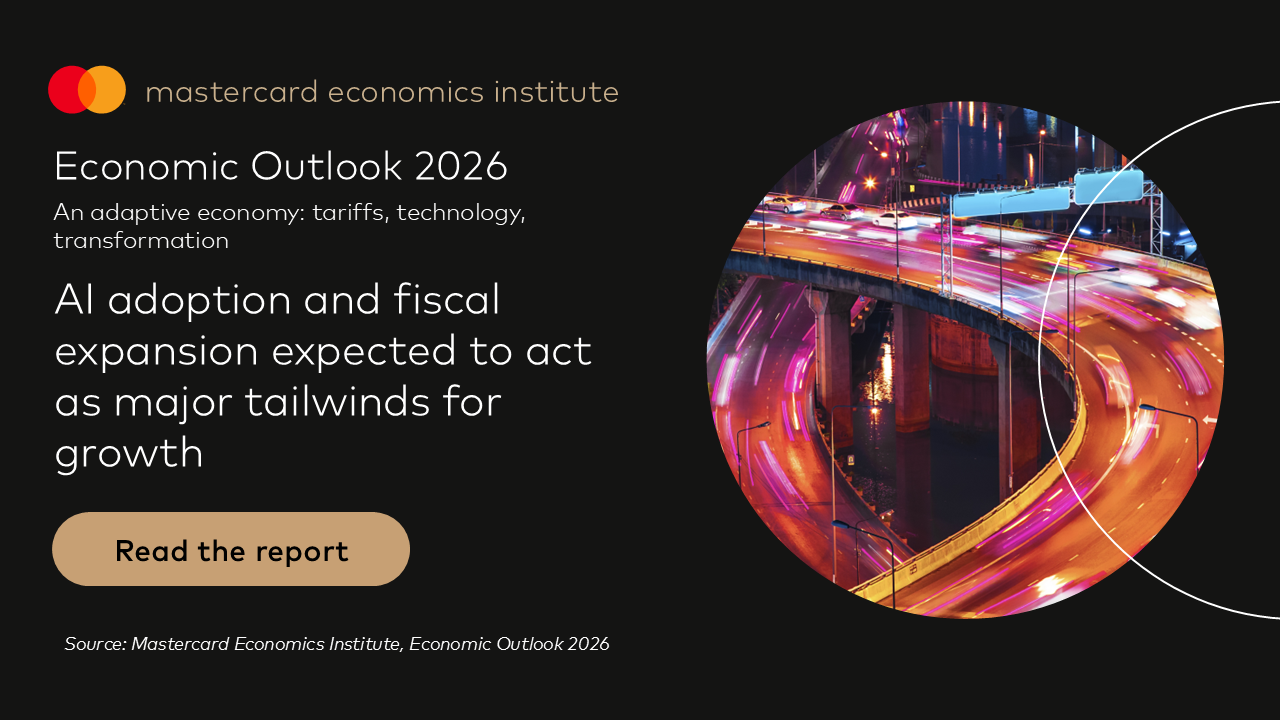News
October 07, 2019
13: At least 13 women drowned in the Mediterranean on Monday after a boat carrying migrants from Tunisia capsized off the Italian island of Lampedusa. Arrivals of migrants and refugees are still far from their 2015 peaks, but they have been rising again this year. The UN says more than 1,000 people have died since January while trying to make the dangerous trip to Europe.
36.6: Bucking a broader trend of center-left weakness in Europe, Portugal's incumbent Socialist Party won comfortably in Sunday's general election with 36.6 percent of the vote, beating out the center-right Social Democratic Party's 27.9 percent, and boosting their seat count from 85 to at least 106. But without an outright majority, the party still has some coalition-building to do, likely with parties from the far left.
2,700: In a 30-day period, groups linked to the Iranian government made more than 2,700 attempts to hack email addresses belonging to US presidential campaigns, government officials and journalists, according to new data revealed by Microsoft. Of these, 241 were successful. With little over a year until the 2020 election, how safe will the campaigns be?
25: Angola, Africa's second largest oil producer, has seen its crude output tumble by more than 25 percent over the past ten years, as lower oil prices make companies less willing to invest in the country's hard-to-develop offshore fields. This has made life tough for a still-poor country where oil sales account for two thirds of government revenue and virtually all exports.
More For You
Mastercard Economic Institute's Outlook 2026 explores the forces redefining global business. Tariffs, technology, and transformation define an adaptive economy for the year ahead. Expect moderate growth amid easing inflation, evolving fiscal policies, and rapid AI adoption, driving productivity. Digital transformation for SMEs and shifts in trade and consumer behavior will shape strategies worldwide. Stay ahead with insights to help navigate complexity and seize emerging opportunities. Learn more here.
Most Popular
- YouTube
Despite a ceasefire in Gaza, Israel is still not letting foreign journalists in to independently verify what’s happening on the ground, CNN’s Clarissa Ward tells Ian Bremmer on GZERO World.
- YouTube
On Ask Ian, Ian Bremmer breaks down the steady escalation of US pressure on Venezuela and why direct military action is now a real possibility.
US President Donald Trump arrives to announce reciprocal tariffs against US trading partners in the Rose Garden of the White House in Washington, DC, USA, on April 2, 2025.
POOL via CNP/INSTARimages.com
From civil conflicts to trade wars to the rise of new technologies, GZERO runs through the stories that have shaped this year in geopolitics.
© 2025 GZERO Media. All Rights Reserved | A Eurasia Group media company.
